Tarun Betala - The Things We Dont Know: How mankind found answers to some of lifes most pressing questions.: 1 (A Shared Human Future)
Here you can read online Tarun Betala - The Things We Dont Know: How mankind found answers to some of lifes most pressing questions.: 1 (A Shared Human Future) full text of the book (entire story) in english for free. Download pdf and epub, get meaning, cover and reviews about this ebook. year: 2017, publisher: Tarun Betala, genre: Religion. Description of the work, (preface) as well as reviews are available. Best literature library LitArk.com created for fans of good reading and offers a wide selection of genres:
Romance novel
Science fiction
Adventure
Detective
Science
History
Home and family
Prose
Art
Politics
Computer
Non-fiction
Religion
Business
Children
Humor
Choose a favorite category and find really read worthwhile books. Enjoy immersion in the world of imagination, feel the emotions of the characters or learn something new for yourself, make an fascinating discovery.
- Book:The Things We Dont Know: How mankind found answers to some of lifes most pressing questions.: 1 (A Shared Human Future)
- Author:
- Publisher:Tarun Betala
- Genre:
- Year:2017
- Rating:5 / 5
- Favourites:Add to favourites
- Your mark:
The Things We Dont Know: How mankind found answers to some of lifes most pressing questions.: 1 (A Shared Human Future): summary, description and annotation
We offer to read an annotation, description, summary or preface (depends on what the author of the book "The Things We Dont Know: How mankind found answers to some of lifes most pressing questions.: 1 (A Shared Human Future)" wrote himself). If you haven't found the necessary information about the book — write in the comments, we will try to find it.
From a letter, we wrote a word, then came sentences, books, epics. We asked questions that propelled the formulation of the sciences, the arts, our culture, and our philosophies. All that we know and love today was built by one daring life at a time over six thousand years.
Part historic, part scientific, and part philosophical, Tarun Betala meshes together an eclectic account of humanitys greatest intellectual, scientific and artistic achievements, all motivated by the need to answer some of lifes most fundamental questions: Who are we? What is the purpose of life? Who is God? What is our universe?
The Things We Dont Know is the amazing story of the grit of Mankind: the story of winning at life against all odds, the story that reminds us that all of us are one in our search for the answers that haunt and drive us.
This is book 1 of A Shared Human Future series.
Selected Quotes:Some of us manage to think bigger, brighter, deeper thoughts. Some of these thoughts already shape the kind of research we do. Some of them will prove to be right, and our understanding of our home will deepen. Our home, one day, will be less of a mystery to us.
We believe because it gives us faith. It gives us the willingness to go through our day, to keep the existentialist threat of meaninglessness away. We believe because we crave to be seen, to be known, to be understood. We believe because that is the only thing we can do. If there is no one to judge us - to tell us that we are good, and that if we are bad, we can be redeemed - why bother living at all? Why bother being good at all? If there is no one to look after us, and we are truly alone in this universe, what purpose do we have? We have nothing but the present moment, and only temporariness.
We, of all the beings that we know of, can think. We can eat, write, build, save. We can predict, estimate, and count. We can preserve food for lifetimes, and in times of crisis, we can find ways to ensure our survival. With each passing generation, our sphere of control of our existence is larger. What if the earth is hit by an asteroid or there is no way to stop global warming? We look to colonize other planets. The fate of our species, in a few years, will not be tied to the fate of the earth. Our home planet must be cared for ... but as we go interplanetary and then interstellar, our control on our lives and the evolution of our species grows. As far as we know, we are the only species that has a say in the development of its future.
We ought to, as human beings, have the courage to seek a collective truth that benefits our species the most, and to accept that all of our doctrines and beliefs may just be incomplete. That we dont know it all and that perhaps we never will. That others like us may have something to teach us, and we may have something to contribute to their communities. That communities, types of people, are divisions weve created for ourselves. That for all of what we know, the knowledge and wisdom that we have gathered in the few millennia may be a small fraction of what is there to be discovered, understood and applied.
Tarun Betala: author's other books
Who wrote The Things We Dont Know: How mankind found answers to some of lifes most pressing questions.: 1 (A Shared Human Future)? Find out the surname, the name of the author of the book and a list of all author's works by series.

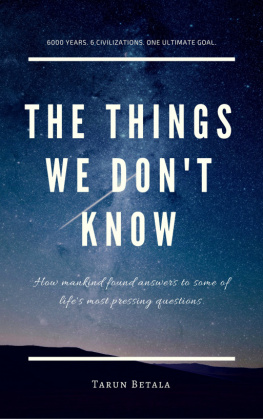
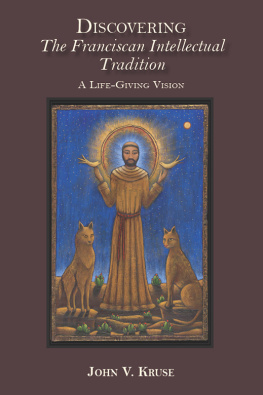
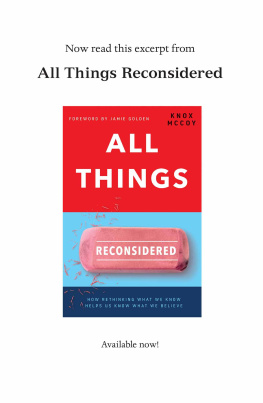
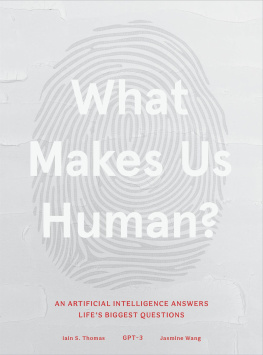
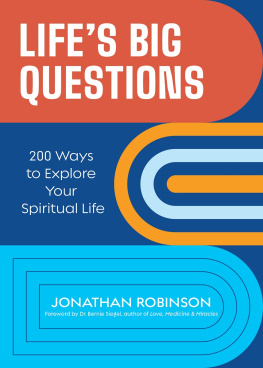
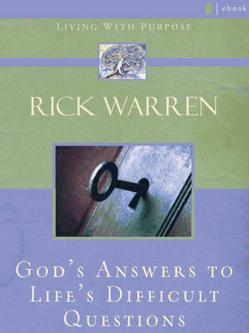
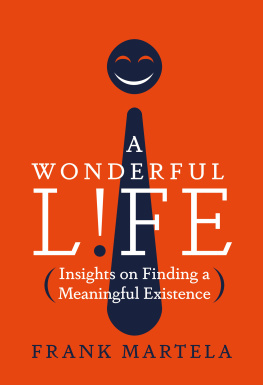

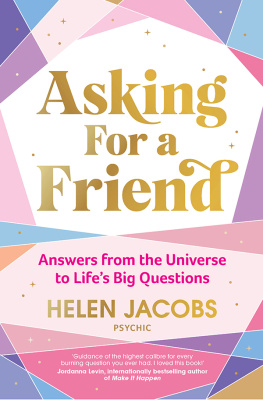
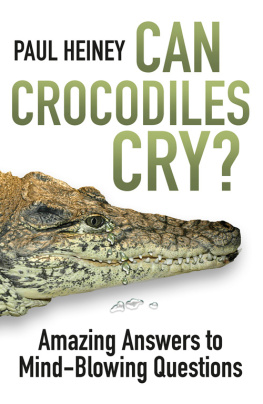
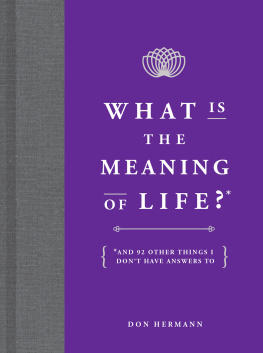

 Email:
Email: Facebook: www.facebook.com/thethingswedontknowbook
Facebook: www.facebook.com/thethingswedontknowbook Twitter: www.twitter.com/trbetala
Twitter: www.twitter.com/trbetala Instagram: www.instagram.com/tarunbetala
Instagram: www.instagram.com/tarunbetala Youtube: www.youtube.com/tarunbetala
Youtube: www.youtube.com/tarunbetala